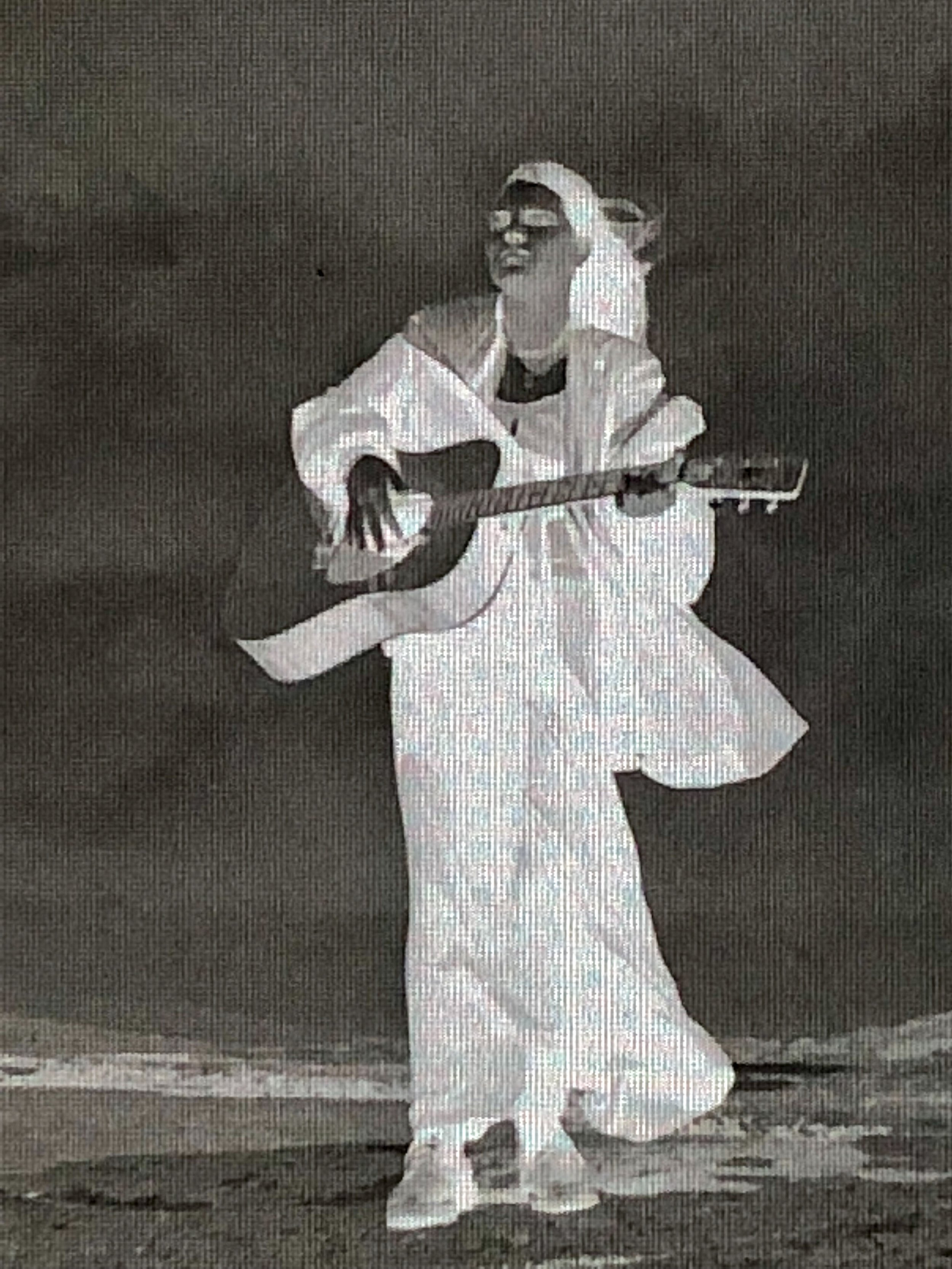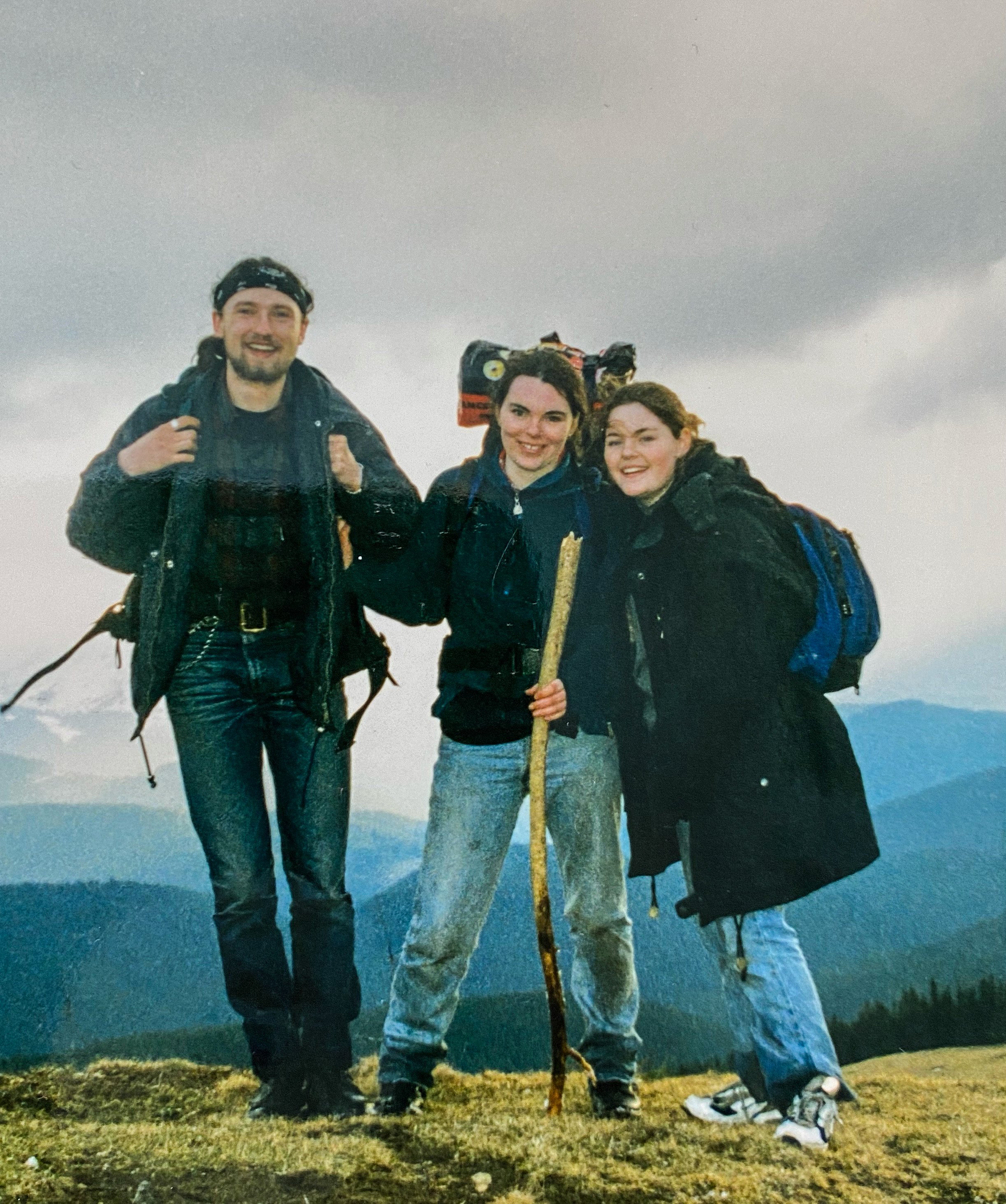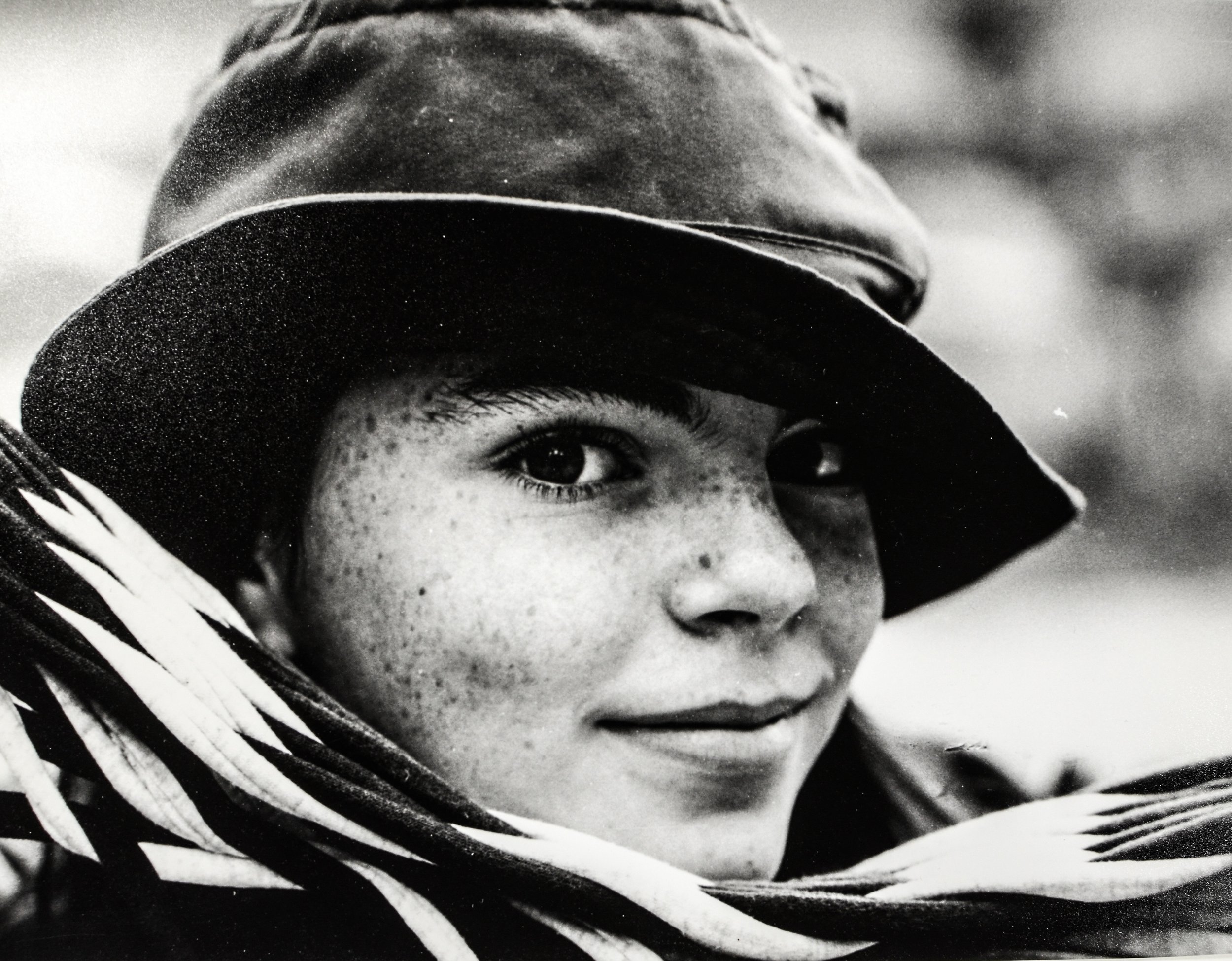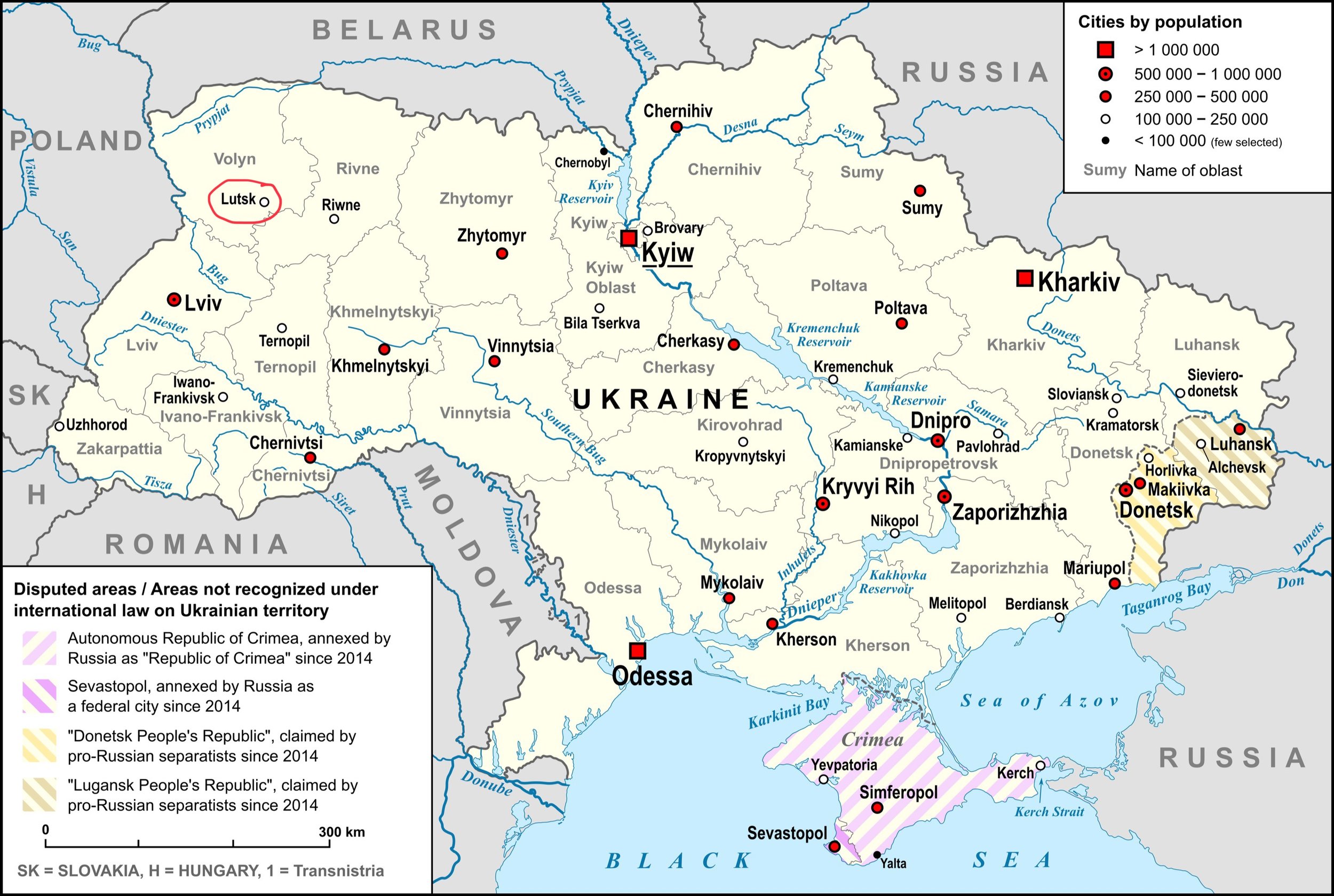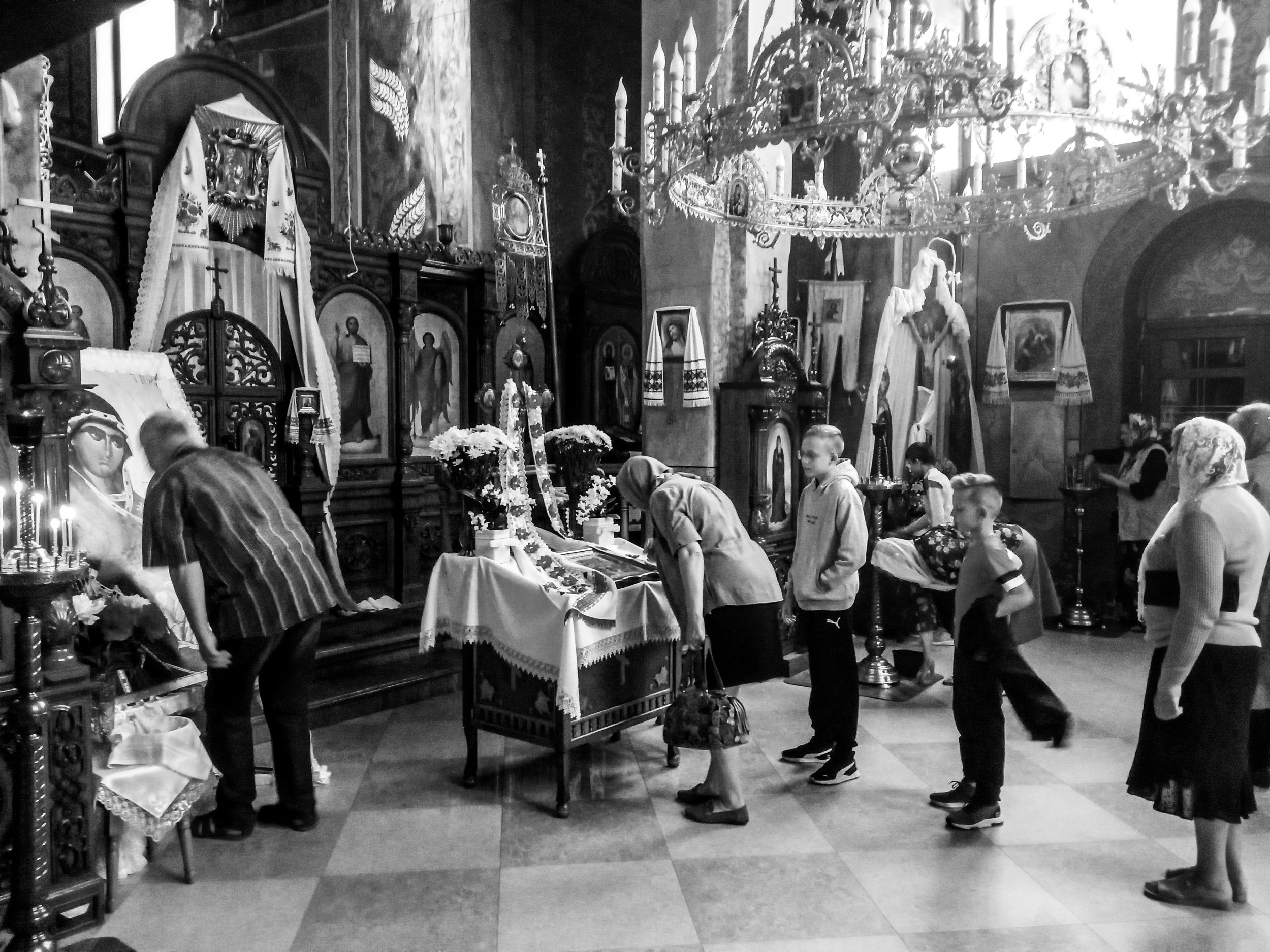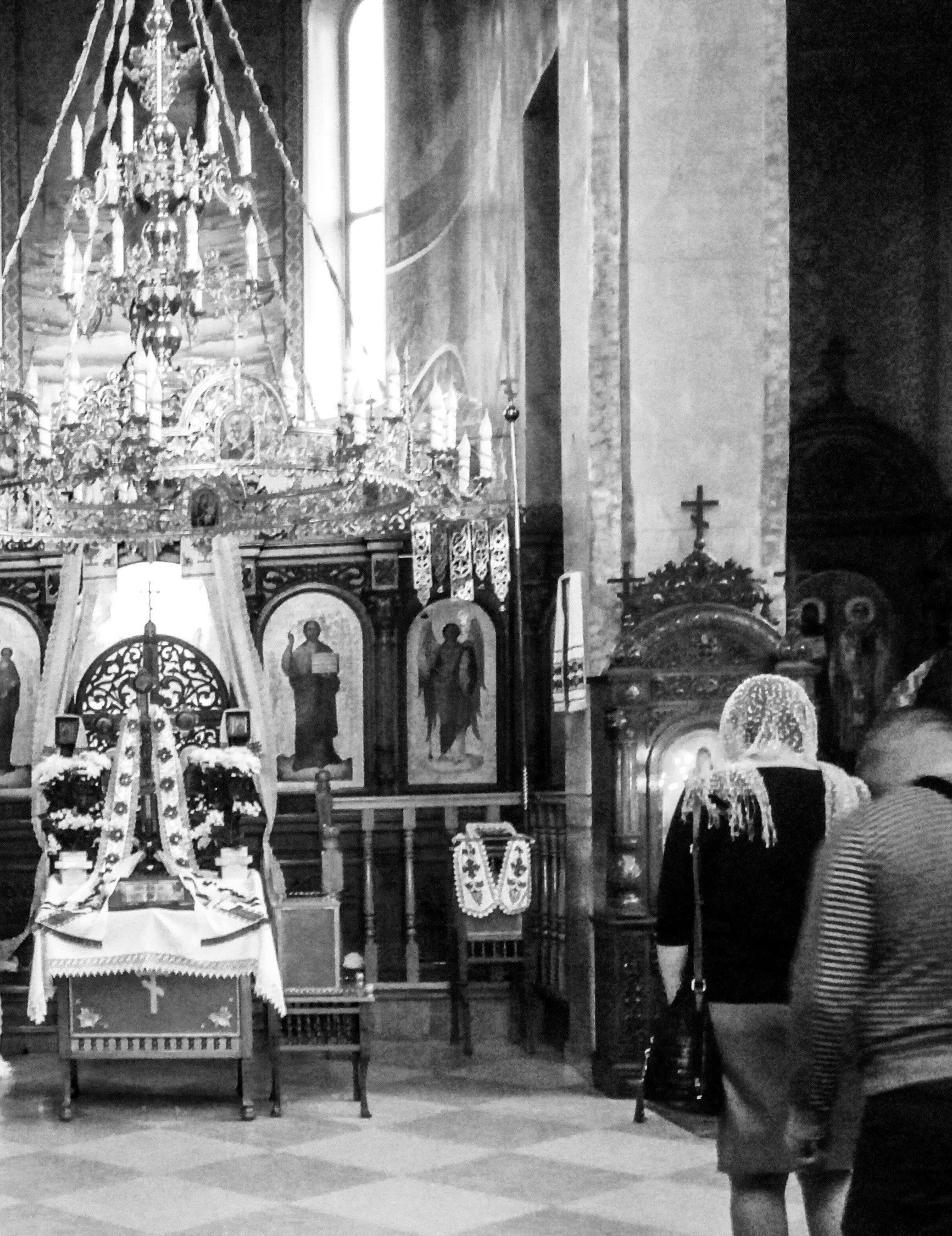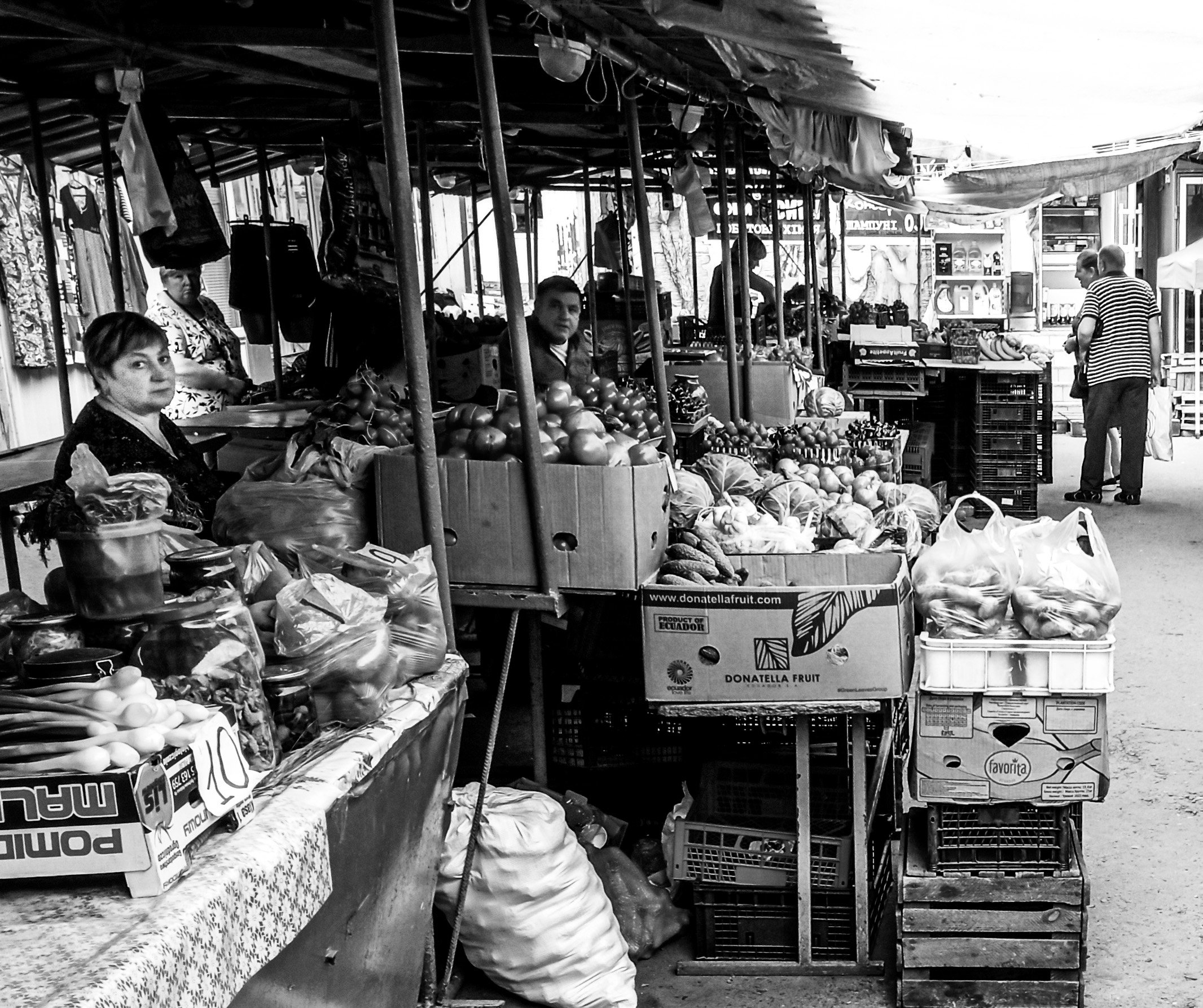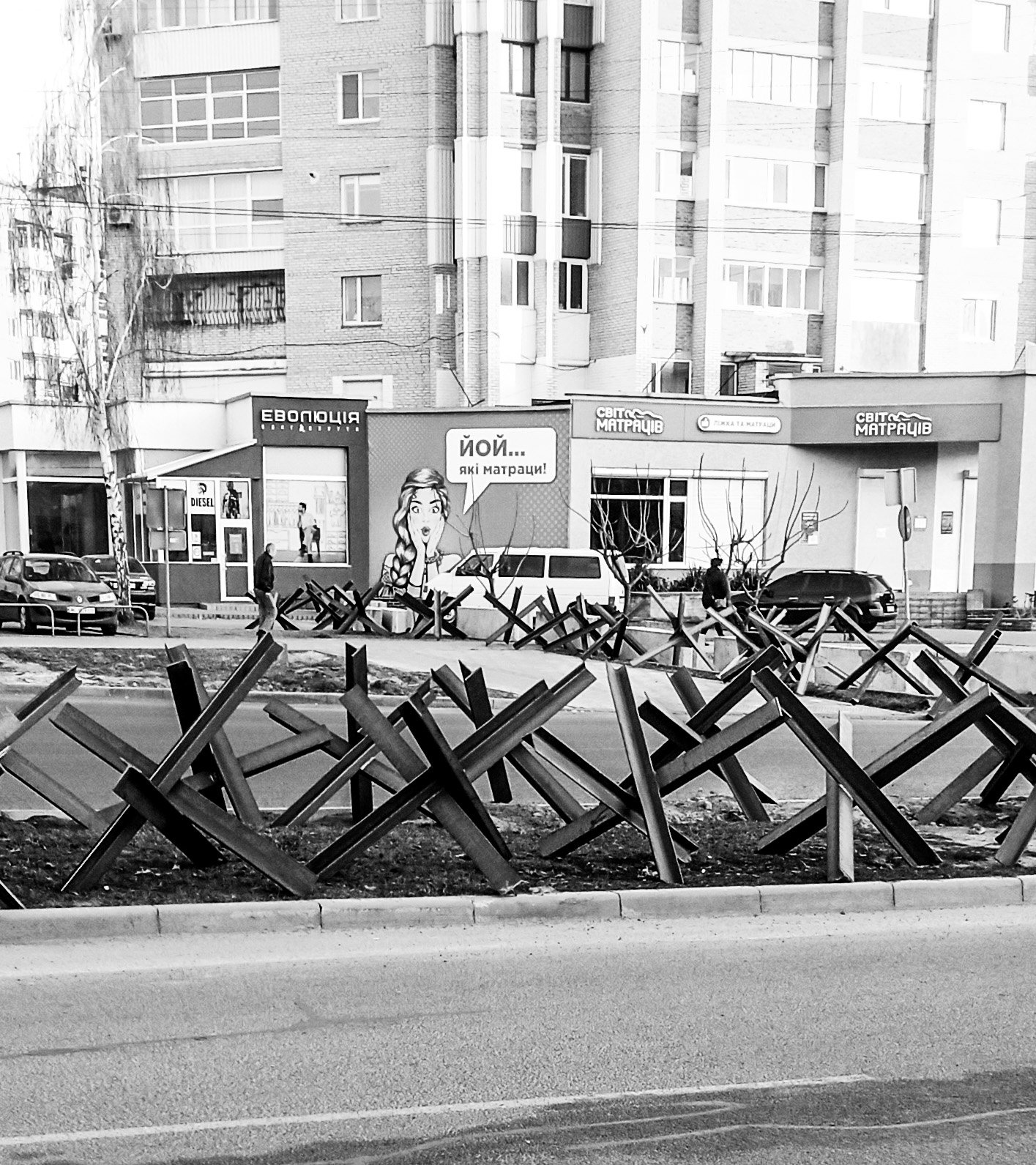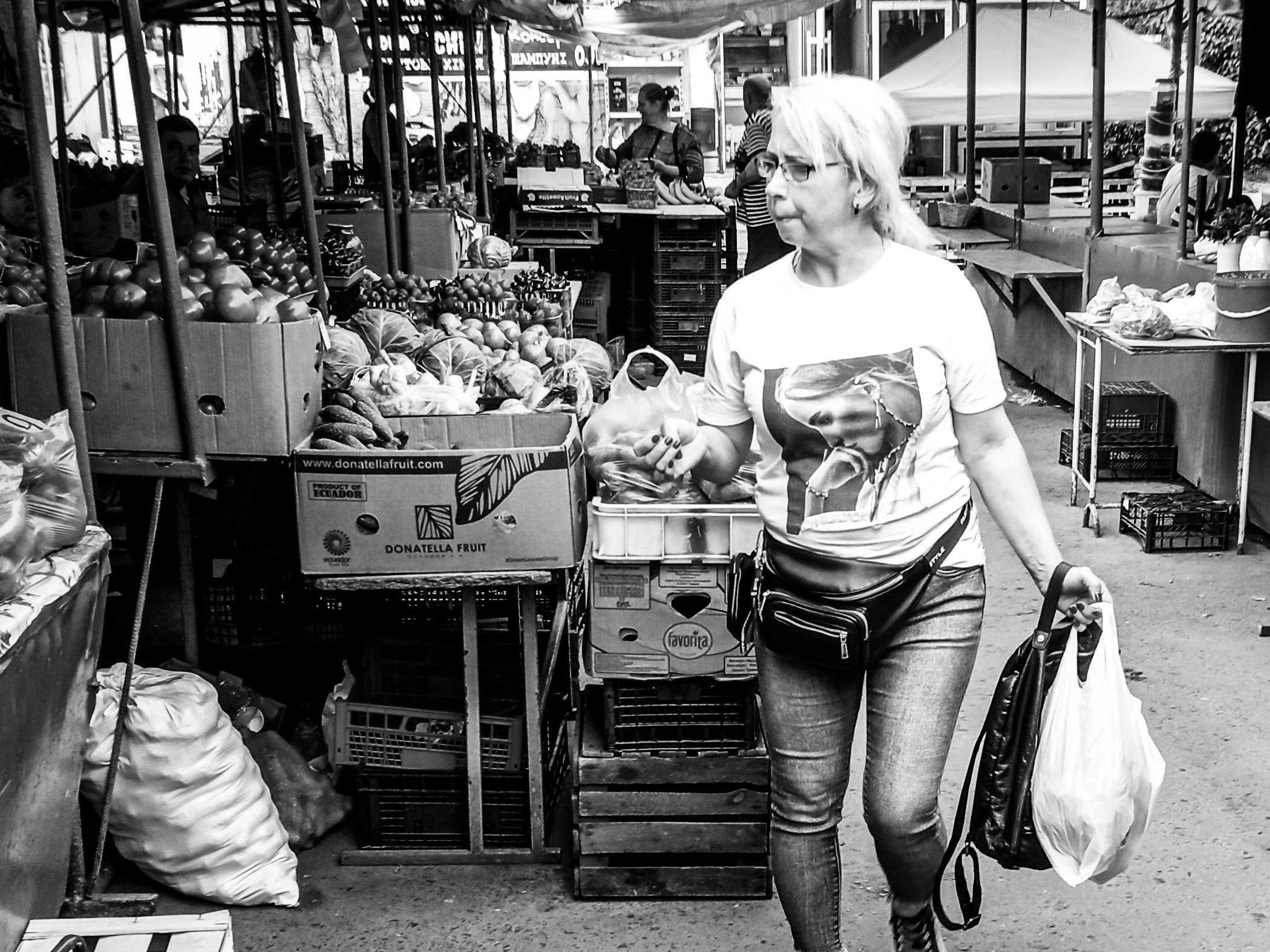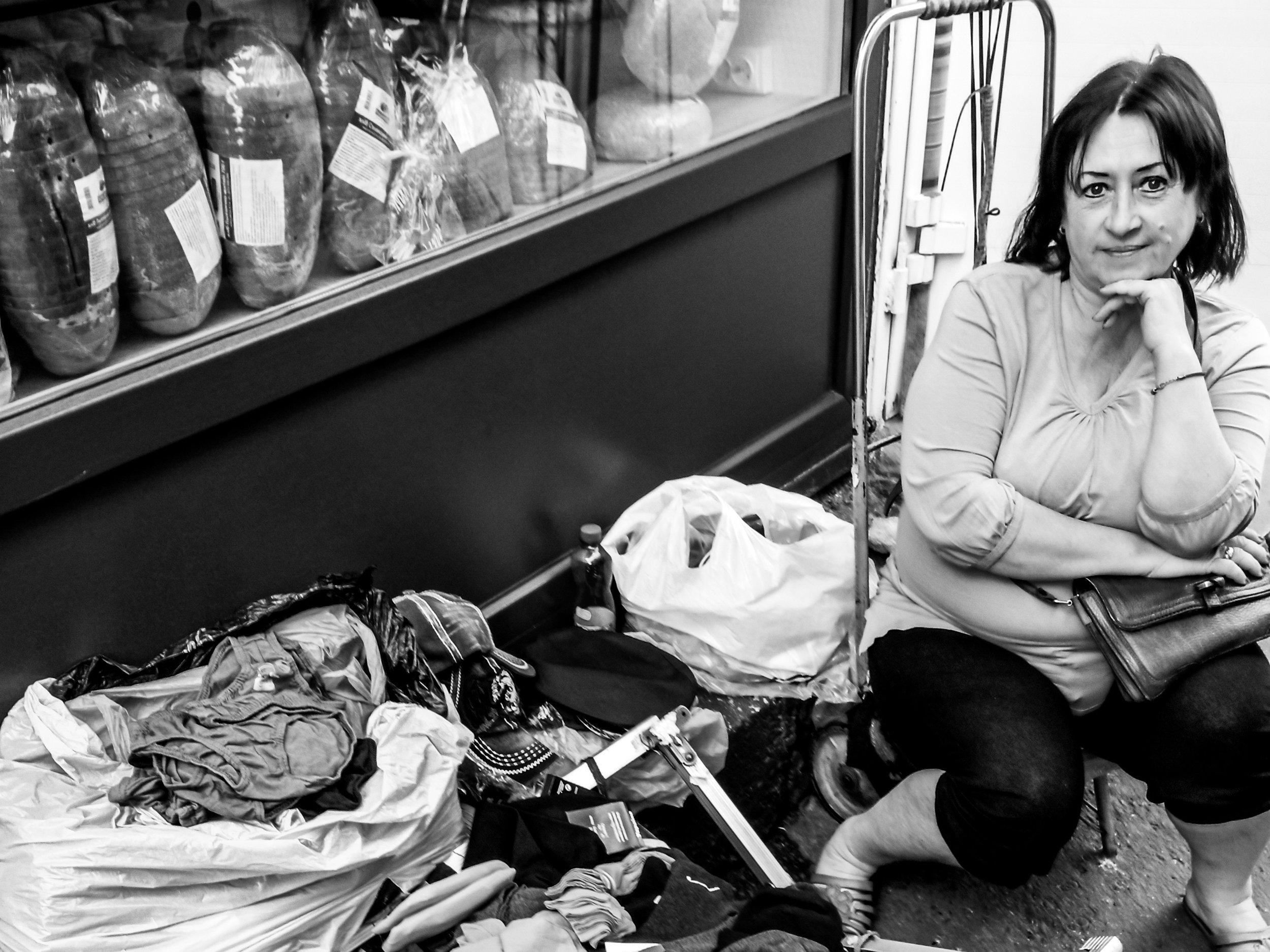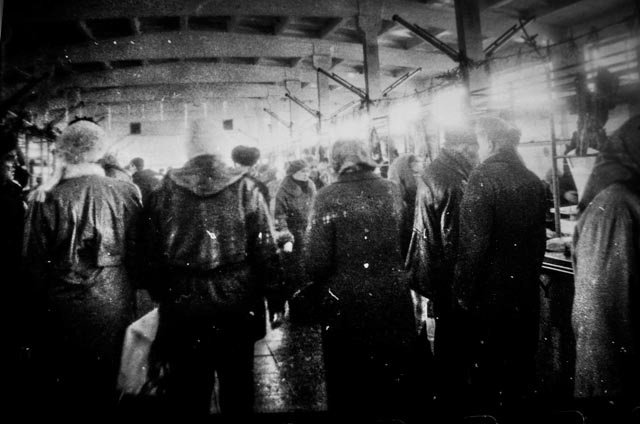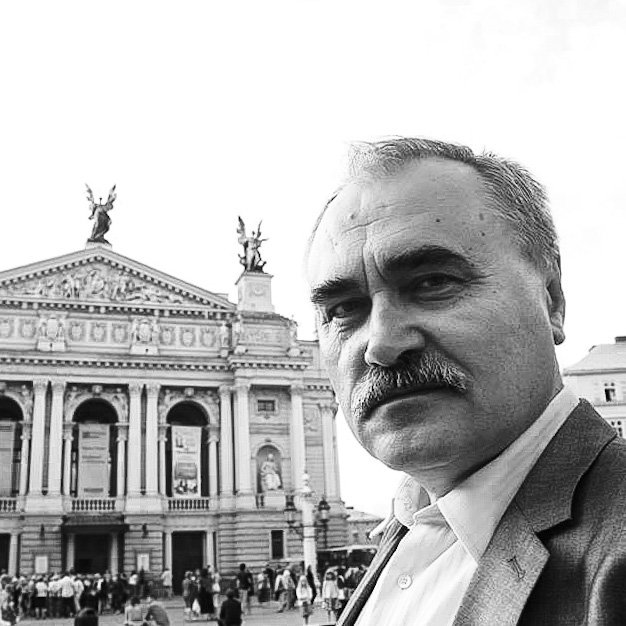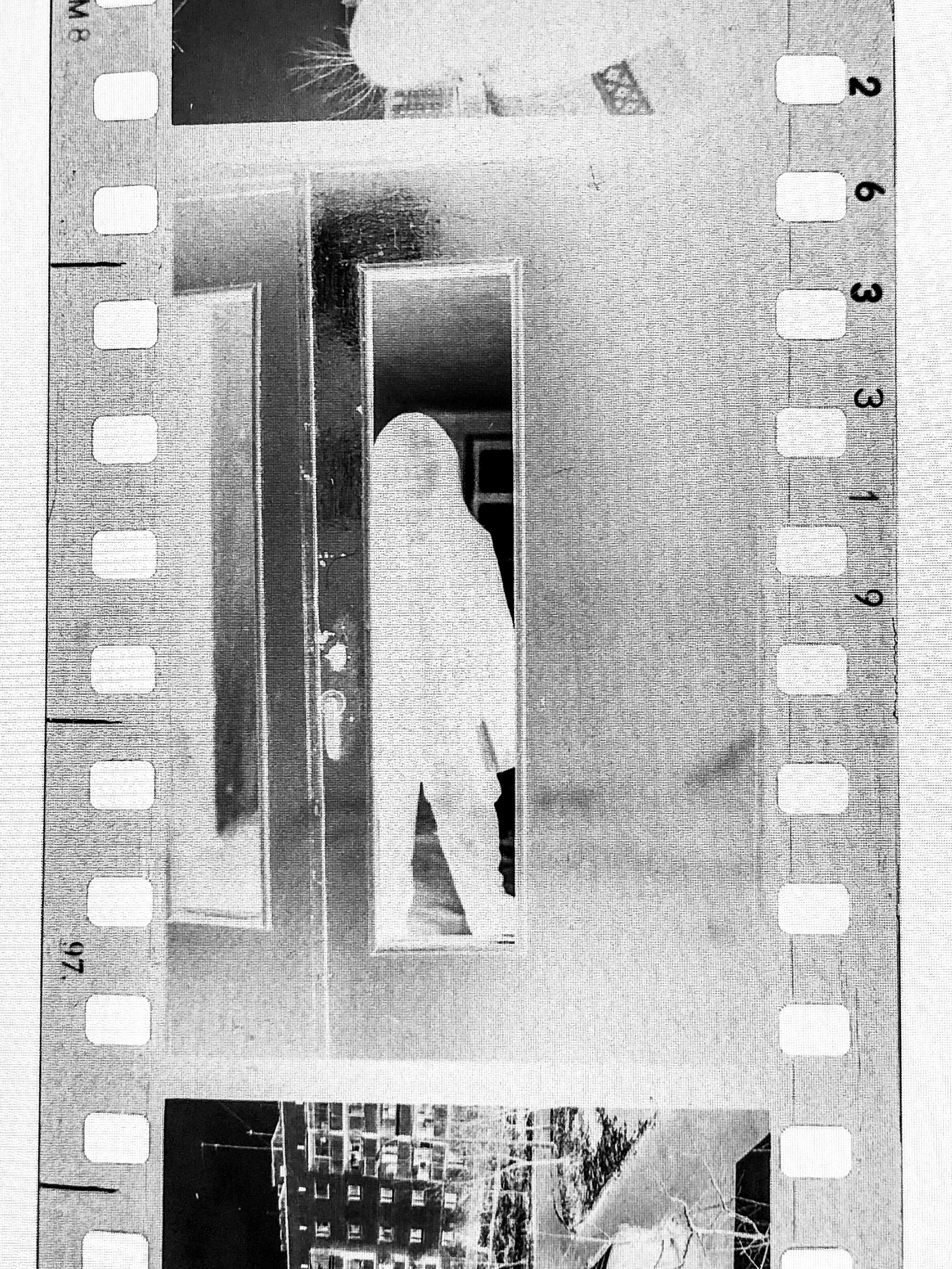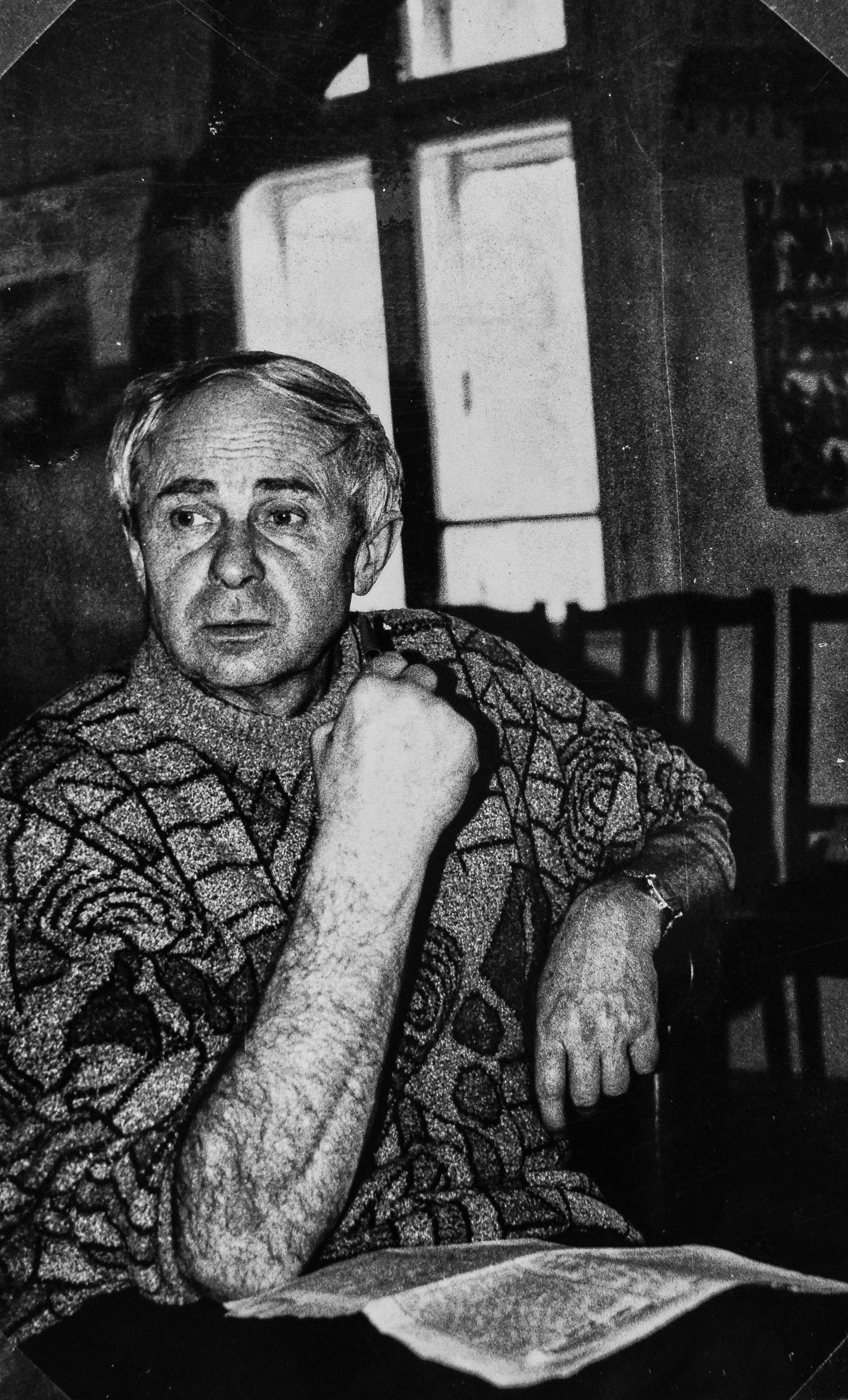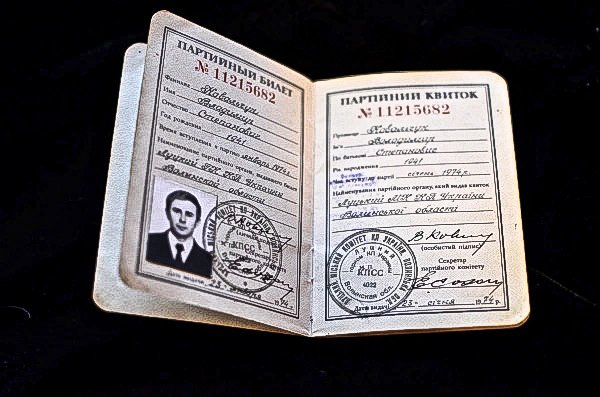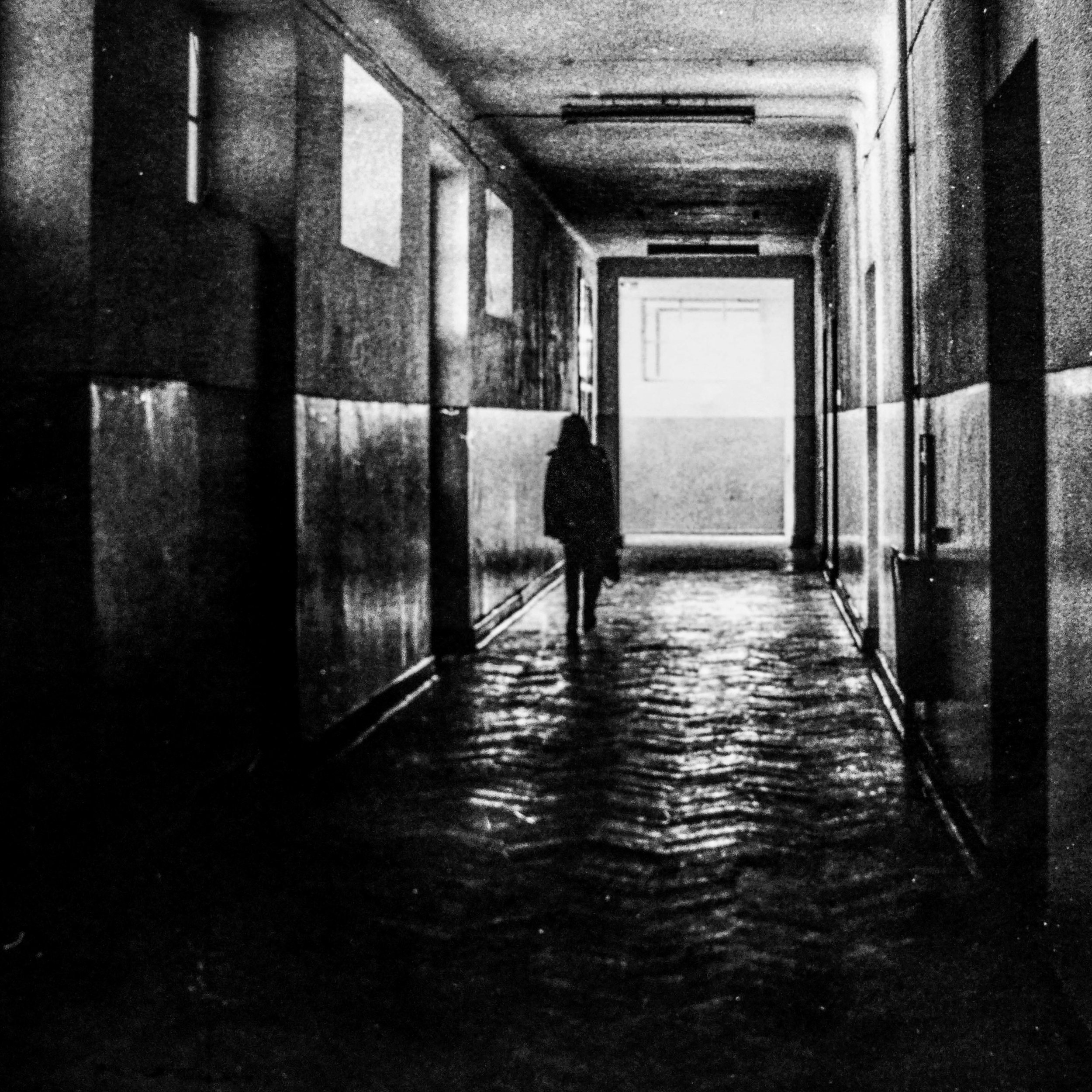Pocketful of Stories
It is very cold in Ukraine in the winter.
Image: mbfitzmahan, Winter in Lutsk, 1997.
Today was cold here in the Hudson Valley. It reminded me of how cold I felt in September in Ukraine. Winter is coming to Ukraine. What impact will this have on the people of Ukraine and the Russo/Ukraine War? Many homes have been destroyed and has led to women, children, and the elderly leaving and becoming refugees. Some have traveled to western Ukraine and found places to stay - see my articles on Personal Accounts - and there are up to 10 million refugees that have been forced to escape Ukraine - that is 1/4 of the population of Ukraine!
But, what about those people who remain in the country? I read an article in the New York Times that reported on a humanitarian crisis related to the fact that there may not be enough glass to cover windows that have been blown out of houses and apartments in bombed areas of Ukraine. And what about the concern about nuclear plants? 55% of Ukraine‘s energy comes from nuclear plants. It is no accident that we keep hearing about Russians attaching nuclear plants - the Kremlin is trying to make it very uncomfortable or even deadly for Ukrainian civilians this winter. The issue of ‘nuclear terrorism’ will be a good topic for a later article.
NPR reported that there is a fear that the Russian’s will target the cities’ centralized heating systems. In cities over 1 million, apartment buildings get their heat from heating systems developed during the Soviet Union and all heat comes from heating stations within the city. In Kyiv nearly 600,000 kilometers of pipes warm Kyiv residences in the winter. These central heating stations are vulnerable to missile attacks. Kremenchuk, Okhtyrka, and Kharkiv, already had their central heating stations attacked. Attacking these heating systems would lead to a mass exodus of the cities and potentially result in many deaths.
So, what about this winter? Will the Ukrainians have enough warm places to live? Will they have glass on their windows and get heat from their heaters? Will their heating systems warm their homes?
Lutsk in 1997
Temperatures should reach well below zero degrees Fahrenheit, probably as low as –20 to -30 degrees Fahrenheit. Last year they had snow from November to April.
The early entries of Don’s journal abound in stories of how cold it is. We were cold from the first day we arrived on September 26th. The heat in our apartment did not turn on until October 15th, the date it turned on for everyone in the city. We also were not well prepared. We didn’t know what kind of clothes to take to Ukraine. I am a big fan of the warning, “there is no such thing as bad weather, just bad clothes,” attributed to a Welshman, so we asked what kind of clothes to take to Ukraine. An American wrote to us from Lutsk advising us to bring the same kind of clothes that we would wear in Seattle in the winter. That was wrong. Duane was from North Dakota and never had been to Seattle in the winter where the winters, though rainy, are decidedly warmer than the steppes of Lutsk, Ukraine in 1997.
My happy temperature range is somewhere between 68 to 78 degrees. I know! I am a wimp. I remember being very cold in Lutsk in late September - I would go to bed with all my clothes on. Feeling sorry for me, one of my Ukrainian friends took me to the Bazaar to buy me a fur coat - yes, a real rabbit coat. Katie and I both got one. I would be horrified in the States to walk around in the skins of a poor little bunny, but in Ukraine after I bought my fur coat I finally was warm - warm for the first time in months. My friend Valya told me that during the Soviet Union, everyone was guaranteed one fur coat. Not as a fashion statement, but as a necessity.
From Don Fitzmahan’s Lutsk Journal - 1997
Thursday, September 26, 1997 - the date of our arrival in Lutsk.
It is cold in the apartment. The windows and door to the balcony have been open to air out the paint smell. The university kindly repainted our small apartment for our arrival. Volodymyr assures us that the heat will be turned on October 15th. We crawl into bed under two wool blankets and good firm down pillows.
September 27
We passed the night fairly easily. Maureen was quite cold during the night and vows to layer-up tonight. We have noticed that everywhere we go it is cold. There is no heat anywhere. It turns out that all of Lutsk is heated by one main source of steam, piped through the city’s radiator system. Therefore, nobody gets heat until the city fathers say so.
October 1
Only 14 more days until heat. Speaking of heat, let’s talk about the weather. First, it is colder than home. Daytime temps are in the 40s to low 50s. Night time must be 10 degrees colder. Today is sunny, but everyday up until today has been cloudy, very much like home. It rained Monday, quite hard. Our apartment is in a ten-story, 150-unit building. Our building is one of fifteen such buildings in this area. It is not what we would call an apartment complex, more like a collection of college dorm buildings. In between these buildings are open spaces. They contain playground equipment and a quasi-grassy area. These areas are crisscrossed with walking paths. Some are paved, most are simply worn areas in the sparse grass. I mention this because the rain causes these paths to become muddy. It is a different kind of mud, only an inch or so deep, but very slippery. This mud dries quickly, once the rain stops, but instantly becomes reactivated in the next shower. Cold = holodno and rain = douzhe.
Everyone goes to sleep and I am cold. The tap water is scalding hot, so I sit under the shower until I am sweating from the steam. The bed is my friend.
After class I stop at the main department store in Center to buy a comforter. Both Maureen and Katie have been unable to sleep, being cold and generally uncomfortable. Our sleeping arrangement may need some explanation at this point. We share two rooms, with the three girls in one room and the parents in another. We each have a single bed, with the parents beds pushed together. Each bed came with two thin sheets, two thin, yet heavy, wool blankets, a large feather pillow with a pillow case. The sheets are both flat sheets, not fitted, and are very small, allowing almost no surplus for tucking them in. As a result, they come loose nearly every night; ending up either wrapped around your feet, or on the floor. The blankets are also a bit small, leaving little overhang on the sides. This becomes quite apparent at 3:00 AM when you roll over, tying your ankles up in the disconnected sheet, and exposing your backside to the cold night air. I, the ultimate tosser and turner have learned to sleep as still as possible. We did manage to acquire a few extra blankets. These all-wool blankets, although quite warm, are very heavy. That may explain why I sleep so still at night. It isn’t so much that I don’t move; it’s more that I can’t move. The end result of this is that we have decided to buy one comforter and one large sheet as a test project. Maureen and Katie will test these, and a decision as to what to do for the rest of us will be made as a result. The comforter and sheet cost a total of 64 Hryvni ($38).
October 20
Weather – The past few days have been splendid. It is decidedly cool to cold, but the sun has been out, and the afternoons are almost warm. We frequently ask about the kind of weather to expect this winter. Opinions vary widely, however, this we are certain of - it will be cold and it will snow. Temperatures should reach well below zero degrees Fahrenheit, probably as low as –20 to -30 degrees Fahrenheit. Last year they had snow from November to April. We had a brief snow two days ago. It was very wet, lasted about 15 minutes and did not stick. Even though we brought some cold weather gear, we are already checking out clothing for winter, just in case. (Note: Not much is sold here in Lutsk. There are not many stores - the main location for buying anything is at the outdoor Bazaar.)
The heat – It is now five days since the official “turn the heat on” date of October 15th. In our apartment, the radiator in the kitchen is slightly warm to the touch. In the two bedrooms, there is no sign of heat. We hope this will improve, but as the weather has been mild, we haven’t inquired yet…A nice man stopped by the apartment just before dinner. He brought five additional blankets for us. The heat in our apartment is slowly increasing. All the radiators now feel warm. Nothing is anywhere near hot. Today I was told that last year they closed the university for two months due to the cold winter. My oh my!
November 4
Maureen and Shauna spent the day with Leela, a law student, shopping for warm coats at the big Bazaar, with no luck. The warmest coats seem to be fur coats, costing $400 and up. They returned from the experience discouraged, but mostly cold. A chilling wind had blown through the Bazaar, numbing them to the bone. Back at the apartment, they sat huddled around the oven, shivering and drinking hot tea.
December 19
Cold weather and snow has descended on Lutsk, and it seems that winter is here to stay. The temperatures recently dropped very low (-28C). All the girls now have warm coats. As many as half the female population of the city sport fur coats of some kind. The traditional Russian fur hats are also seen everywhere. They have pull-down ear flaps, but no one pulls them down.


